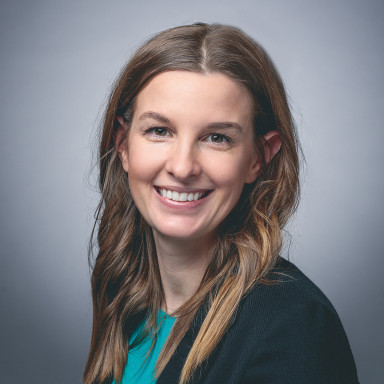On 27 April, PHP announced rental income in the first quarter rose by £0.9m or 0.6%. £0.6m was thanks to rent reviews, which is up from £0.5m in the same period last year. The rest was down to development activities, where year-over-year growth was flat.
The group declared a second quarterly interim dividend of 1.625p per share, representing an annualised increase of 4.8%.
PHP has also made some environmental upgrades, which are required to meet its sustainability targets.
Shares were broadly flat following the announcement.
View the latest Primary Health Properties share price and how to deal
Our view
Primary Health Properties' purpose-built doctor's surgeries have a long track record of delivering results for shareholders - now in its 26th consecutive year of dividend increases, although remember all dividends are variable and not guaranteed.
The pandemic has increased the importance of top quality primary care facilities, and Primary Health Properties has been rushing to meet that demand. There's a healthy pipeline of enhancements to the existing estate and new facilities lined up, potentially securing revenue growth for years to come. As a REIT (real estate investment trust), PHP has to pay out the vast majority of profits as a dividend so that should ultimately feed through to investors' pockets, although of course there are no guarantees.
Looking to the future we think PHP has several features which underpin long-term dividend paying potential. The backlog of procedures created by the pandemic together with the needs of an aging population means investment in primary care facilities isn't going anywhere. Plus, government healthcare spending looks set to funnel into cost-efficient ways to offer better patient outcomes. Preventative care through out-of-home care, which is PHP's area of expertise, is likely to be a big beneficiary.
With 90% of the group's rent roll funded by the NHS or its Irish equivalent, we view the group's tenants as lower risk. An average lease length of 11.6 years should mean rental income is secure for years to come.
PHP's also made strides toward becoming more efficient.
The purchase of Nexus, a third party management company responsible for managing PHP's assets, is on track to deliver savings worth £4m each year. PHP's also made headway improving the quality of its debt obligations and lowering finance costs. It's especially encouraging to see the group steer its finance costs away from interest rate-linked payments.
There are some reasons for caution too though. Loan-to-value (LTV) is high by industry standards, and has risen over the past year. In the unlikely event that an economic downturn meant governments cut healthcare funding, this could become problematic.
The group's REIT structure also means investors are likely to be asked to fork out extra cash from time-to-time. Because REITs have to pay out most of their profits it's difficult for them to fund growth organically. Instead, they sell shares to fund new acquisitions, potentially diluting existing shareholders.
Overall, we think the main challenge facing a bullish assessment of PHP's investment potential is the stock's valuation. It's come down somewhat recently, but it's still well above the book value of its assets. That's kept the prospective yield from outpacing inflation. While we see PHP as potentially interesting for income seeking portfolios, if earnings growth can't close this gap the near-term appeal is limited.
PHP key facts
All ratios are sourced from Refinitiv. Please remember yields are variable and not a reliable indicator of future income. Keep in mind key figures shouldn't be looked at on their own - it's important to understand the big picture.
Unless otherwise stated estimates, including prospective yields, are a consensus of analyst forecasts provided by Refinitiv. These estimates are not a reliable indicator of future performance. Yields are variable and not guaranteed. Investments rise and fall in value so investors could make a loss.
First Quarter Update
The group made two acquisitions in the quarter, a diagnostic centre let to HCA Healthcare for £34.5m and a clinical facility let to the NHS for £6.95m.
The group's UK pipeline is now worth £482m, comprising of £360m in the UK and £122m in Ireland.
Net debt was broadly unchanged from year-end at £1.2bn with 97% either fixed or hedged providing "significant" protection from rising interest rates. The group had access to cash and undrawn credit totalling £270m.
The Loan to Value (LTV) ratio, an important measure of risk, rose from 42.9% at year-end to 43.3%.
This article is original Hargreaves Lansdown content, published by Hargreaves Lansdown. It was correct as at the date of publication, and our views may have changed since then. Unless otherwise stated estimates, including prospective yields, are a consensus of analyst forecasts provided by Refinitiv. These estimates are not a reliable indicator of future performance. Yields are variable and not guaranteed. Investments rise and fall in value so investors could make a loss.
This article is not advice or a recommendation to buy, sell or hold any investment. No view is given on the present or future value or price of any investment, and investors should form their own view on any proposed investment. This article has not been prepared in accordance with legal requirements designed to promote the independence of investment research and is considered a marketing communication. Non-independent research is not subject to FCA rules prohibiting dealing ahead of research, however HL has put controls in place (including dealing restrictions, physical and information barriers) to manage potential conflicts of interest presented by such dealing. Please see our full non-independent research disclosure for more information.

